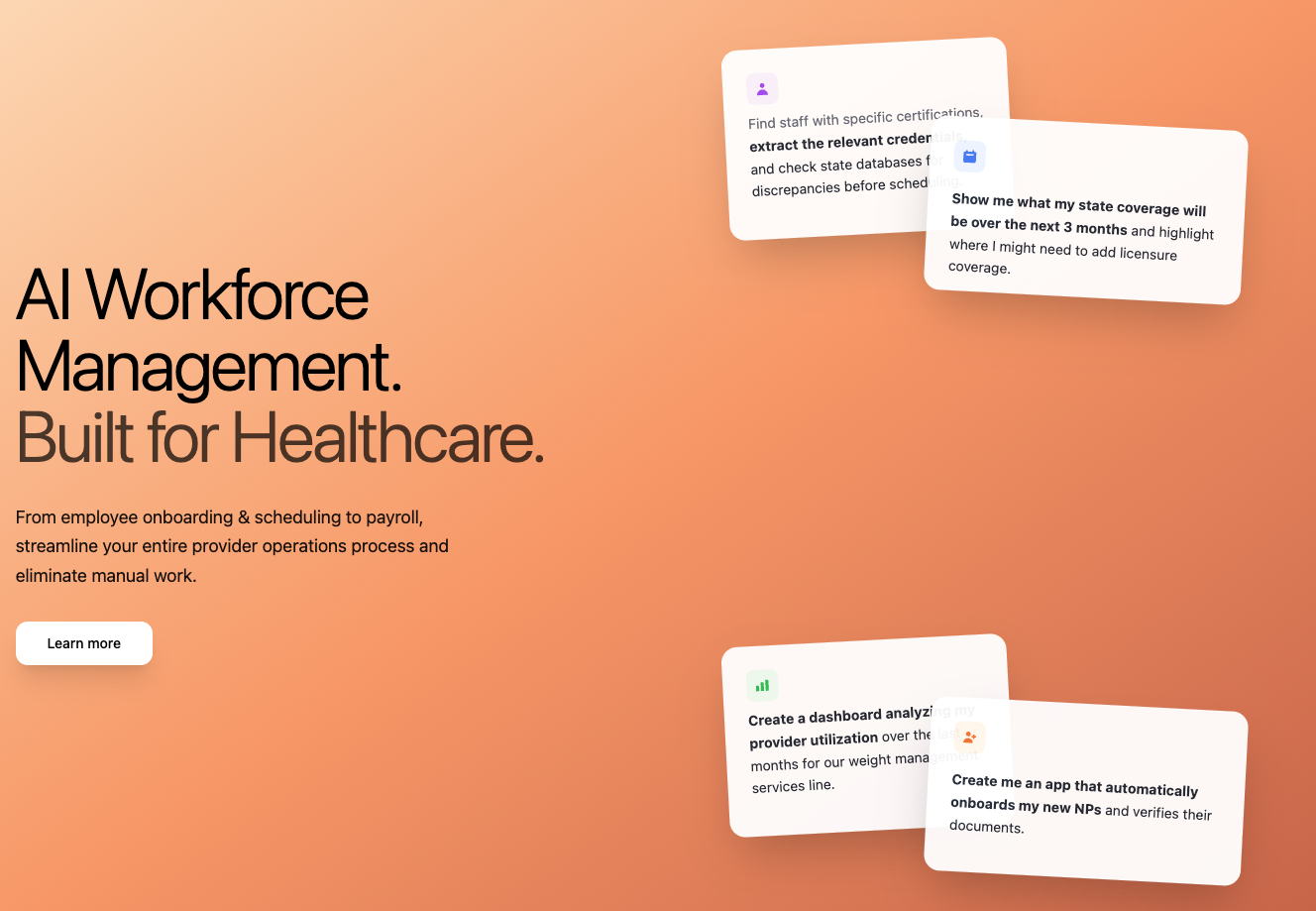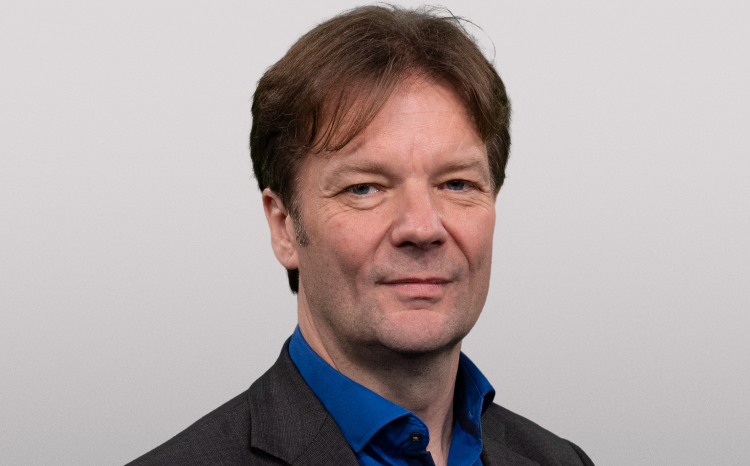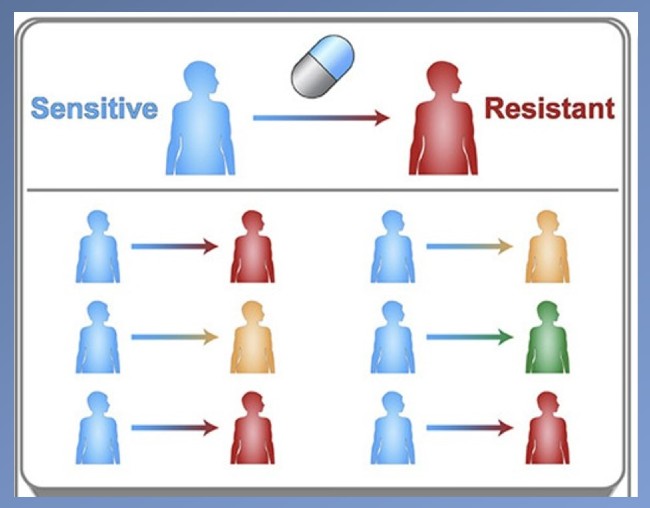Everyone experiences anxiety from time to time, but if you have persistent fear and worry, you may want to seek treatment.
Anxiety is not all in your head. The condition can also affect almost every other part of you. Anxiety can cause short-term symptoms, such as fainting, nausea, and numbness, while contributing to long-term conditions, including heart problems and substance use disorders.
That’s where educational and support organizations come into play. The right group can help you feel not only understood, but empowered, and give you the tools you need to manage anxiety. Here are some organizations to consider.
National Alliance on Mental Illness
He National Alliance on Mental Illness (NAMI) is one of the largest mental health organizations in the United States, with branches nationwide. This grassroots organization does a little bit of everything—advocacy, education, support groups, and more—to improve the lives of people with mental health issues.
The NAMI website has detailed information page on anxiety disorders That can be a valuable resource for you or a caregiver. If a family member or friend, for example, has difficulty understanding what you are going through, they can sign up for the online education program. The organization also offers peer-led support groups to connect with people who understand what you’re going through. (There are also family support groups for loved ones.)
Monday through Friday, between 10 am and 10 pm Eastern Time, you can call NAMI Helpline at 800-950-6264, text 62640 or chat online. The Helpline is run by peers who offer information, support and referrals for people going through difficult times.
NAMI also organizes walks to raise awareness, helps improve mental health and advocacy on college campuses, and works to improve public policy in the area of mental health.
You can get involved in your local NAMI affiliate.
Anxiety and Depression Association of America
He Anxiety and Depression Association of America (ADAA) is a nonprofit organization with a mission to improve the lives of people with anxiety, depression, or other mental health conditions.
The ADAA website is filled with information about anxiety disorders and personal stories from the community. The ADAA has a therapist directory to connect you with licensed professionals and counselors, and peer to peer communities that allow you to connect with other people who have similar experiences.
You can also read personal stories about other people’s recovery and resilience journeys on their website.
Inclusive therapists
Self-described as a “social justice and liberation-oriented mental health directory, community, and resource center” Inclusive therapists makes it easier to find diverse and inclusive mental health care professionals and more.
This directory was created to meet the needs of several groups, including:
- Black, Indigenous and People of Color (BIPOC)
- Disabled BIPOC Communities
- LGBTQ+ people
- neurodivergent people
You can use their directory to find therapists, counselors, coaches, and healers. The site also contains a list of mental health resources, such as books, crisis preventionevents, podcasts and more.
Asian Mental Health Collective
He Asian Mental Health Collective (AMHC) aims to normalize and destigmatize mental health care within the Asian community. Her work provides projects to foster healing through culturally informed services and peer support, as well as to support Asian mental health care professionals.
The main feature of the site is a therapist directory for the United States. It has several filters to help you narrow your search if you have specific needs. The AMHC also offers support groups, therapy fundsto blogand more.
Black Mental Health Alliance
He Black Mental Health Alliance (BMHA) can connect you with a Black therapist or psychiatrist who offers culturally competent care. They also share fact sheets and resources, such as a list of behavioral health books written by Black authors.
The BMHA works with communities, individuals, and mental health professionals on programs and efforts that support Black health and well-being.
American Psychiatric Association
He American Psychiatric Association (APA) is the largest organization of psychiatrists in the world and publishes the Diagnostic and Statistical Manual of Mental Disorders.
The APA website has resources for psychiatrists and medical students, as well as others and their families. You can use their tool to find a psychiatrist or read your Questions and answers from experts on anxiety disorders.
National Institute of Mental Health
He National Institute of Mental Health (NIMH) is a US federal agency focused on researching mental health disorders to find better ways to prevent and treat them. The NIMH website has detailed guides and fact sheets on anxiety and offers education on how to treat it. ask for help, cope with symptomsand find a treatment center near you.



